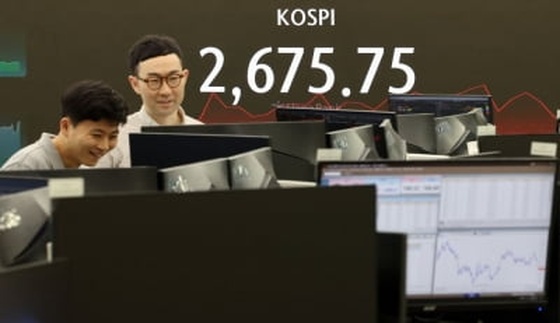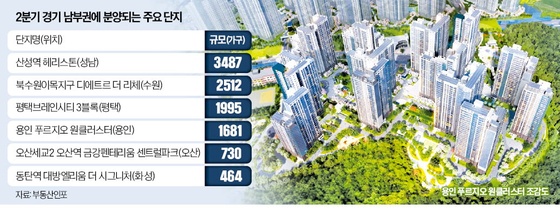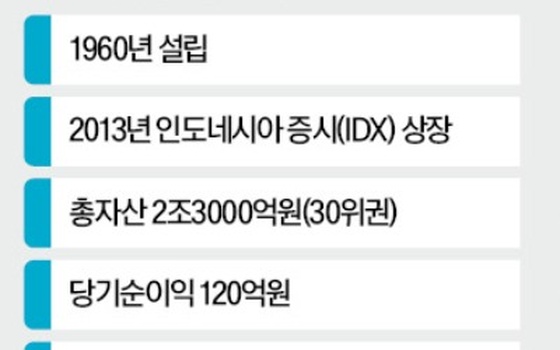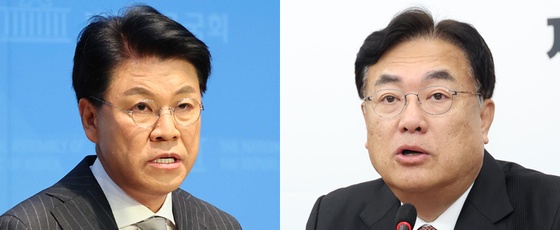[경제노트] (영어로 배우는 국제경제) 'Wrong way to...'
As the US stock market continues its apparently inexorable rise,
company bosses have been cashing in billions of dollars worth of
executive share options.
They were originally intended to focus managers efforts on shareholders
interests, but many have have been automatically triggered by the
rising market tide.
( 중략 )
Last year, it is estimated that the average chief executive of the US
s top 200 companies gained more than Dollars 8m from exercising share
options and stood to pull in a further Dollars 50m from unrealised
options.
One consequence is a widening of the gap between rich and poor.
The average chief executive''s remuneration has increased tenfold in
the past decade as a proportion of the average factory wage.
( 중략 )
Share options do not, after all, create money by magic, even if a
steadily rising market has made it seem so.
Options are a potential claim on the company''s future profits and so
reduce the payouts available to other shareholders.
Unless they are associated with genuinely superior performance, the
effect must be to dilute the value of the company''s shares.
Even when companies are not especially well managed, the depressing
effect of options has been masked temporarily by the rising market,
and in some cases by corporate purchases of their own stock.
And while stock option schemes remained small in relation to company
profits, few people bothered much about their effect.
But the dilution can no longer be ignored. According to one estimate,
13 percent of all US shares had been allocated for executive incentive
schemes by 1997, and the proportion in some companies is much higher.
A study by the London broker, Smithers and Co, earlier this year
suggested that the real cost of option schemes for the largest US
companies in 1998 was about 50 percent of declared profits.
The value of all outstanding options has now exceeded Dollars 1,000bn,
almost equal to a fifth of US federal debt.
( 이하 생략 )
= Financial Times 7월 21일자
-----------------------------------------------------------------------
[ 요약 ]
미국의 기업 경영자들은 주식시장이 활황세를 보임에 따라 스톡옵션으로
수십억달러를 챙기고 있다.
스톡옵션은 원래 경영자들로 하여금 주주들의 이익에 충실토록 고안된
것이지만,상당수의 경영자들이 활황장세로 인해 업적과 상관없이 이득을
보고 있다.
지난해 미국의 2백대 기업 최고경영자들은 스톡옵션 행사를 통해 1인당
평균 8백만달러를 벌어들였다.
아직 행사하지 않은 스톡옵션의 가치는 1인당 5천만달러에 달하는 것으로
나타났다.
그 결과는 빈부격차의 심화로 나타난다.
공장근로자들과 비교한 최고경영자의 평균 보수는 10년만에 10배가 뛰었다.
스톡옵션은 갑자기 하늘에서 뚝 떨어지는 것이 아니다.
활황장세에서는 그렇게 보일지 모르나, 스톡옵션은 어디까지나 회사의
장래이익에 대한 잠재적 청구권이라는 점에서 주주의 이익과 배치된다.
즉 경영자들이 새로운 이익을 창출하지 않는다면 그것은 회사의 주가를
떨어뜨리는 요인인 것이다.
주주이익의 침해정도는 매우 크다.
1997년에 미국 총주식의 13%는 경영자 인센티브 프로그램에 이용되었고
1998년 미국 대기업들의 주식옵션 운용비용은 세전이익의 50%를 차지하는
것으로 나타났다.
주주들이 만일 자신의 회사에서 주식옵션 운용에 따른 비용이 얼마나
드는지 알게 된다면 지금처럼 경제성장률 이상의 실적만 올리면 되는 것과
같은 느슨한 조건을 그대로 두지는 않을 것이다.
-----------------------------------------------------------------------
[ 용어설명 ]
<> 스톡 옵션
기업이 전문 경영인이나 핵심 기술자를 고용하면서 일정기간 후 채용할 때
약속한 가격으로 주식을 살 수 있도록 하는 제도.
입사후 기업성장으로 주가가 오르면 주식 차익을 챙길수 있어 고급 인력을
초빙하는데 유리하다.
미국의 경우 유력 기업의 75%가 이 제도를 실시하고 있다.
< 뉴욕=이학영 특파원 hyrhee@earthlink.net >
( 한 국 경 제 신 문 1999년 8월 26일자 ).
-
기사 스크랩
-
공유
-
프린트
![[박영실 칼럼] 어긋난 리더의 이미지 회복하려면 700년 기다려야](https://img.hankyung.com/photo/202404/01.36516821.3.jpg)
![[한경에세이] "메모하세요"](https://img.hankyung.com/photo/202404/07.36042282.3.jpg)
![[데스크 칼럼] 韓제조업의 자연 소멸 막으려면](https://img.hankyung.com/photo/202404/07.14334346.3.jpg)


!['매그니피센트7' 실적 먹구름…지수 혼조 [뉴욕증시 브리핑]](https://timg.hankyung.com/t/560x0/photo/202404/01.36519299.1.jpg)







